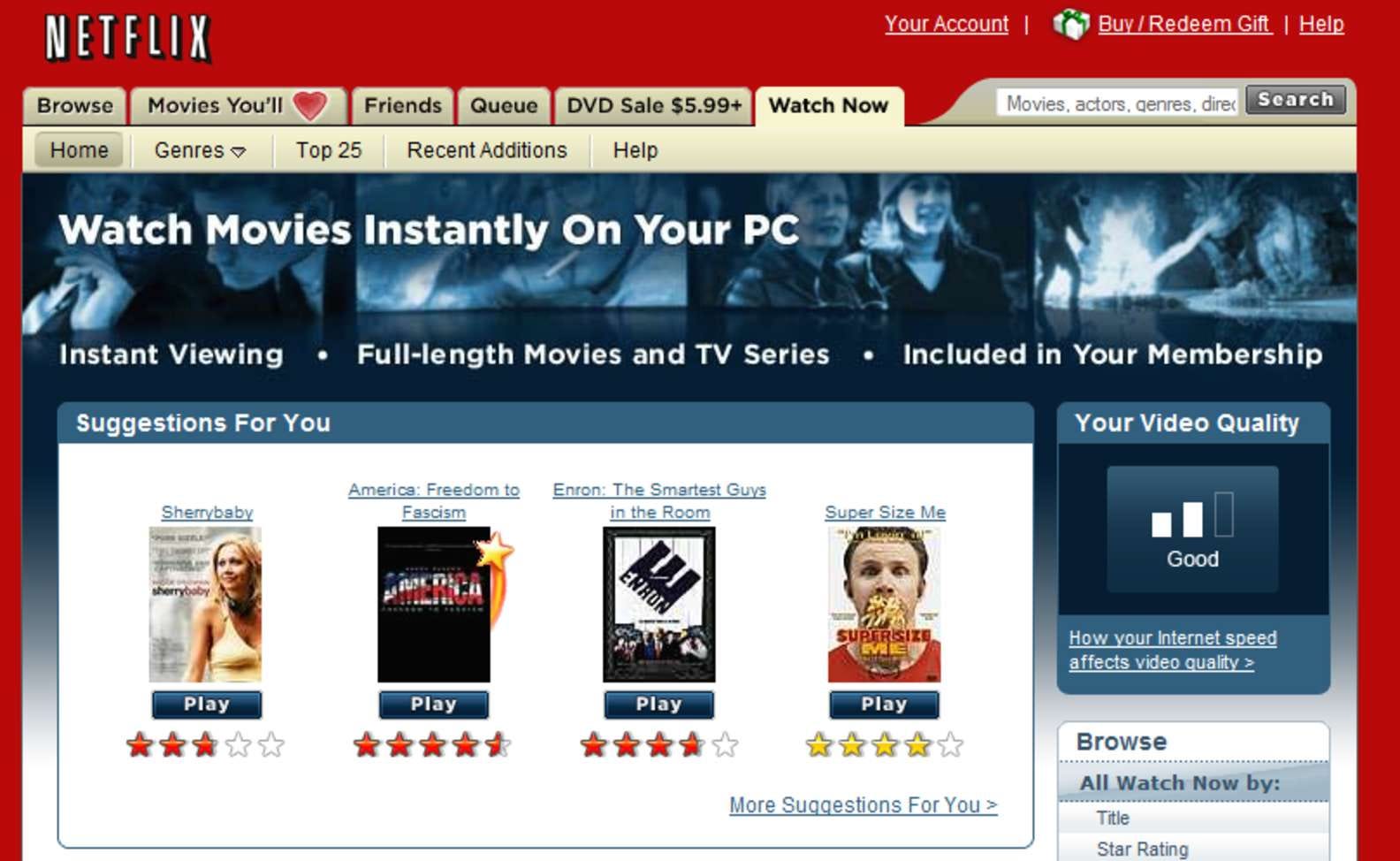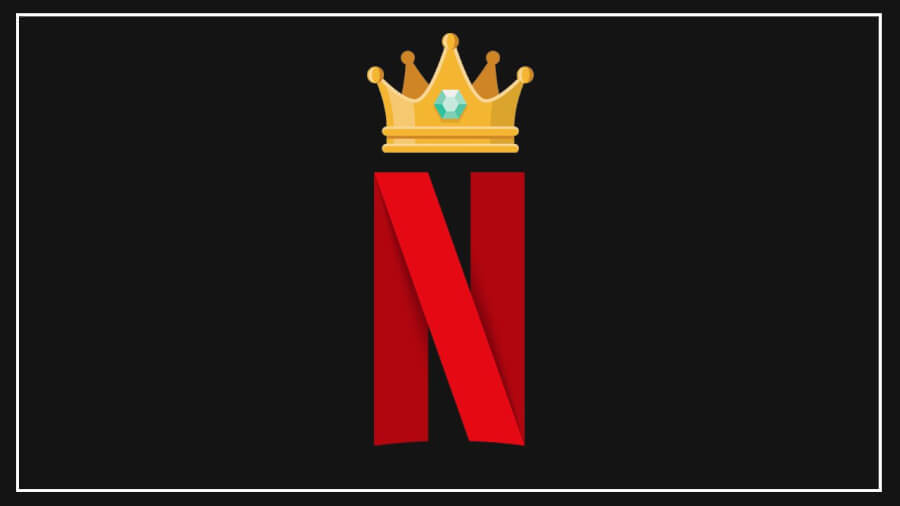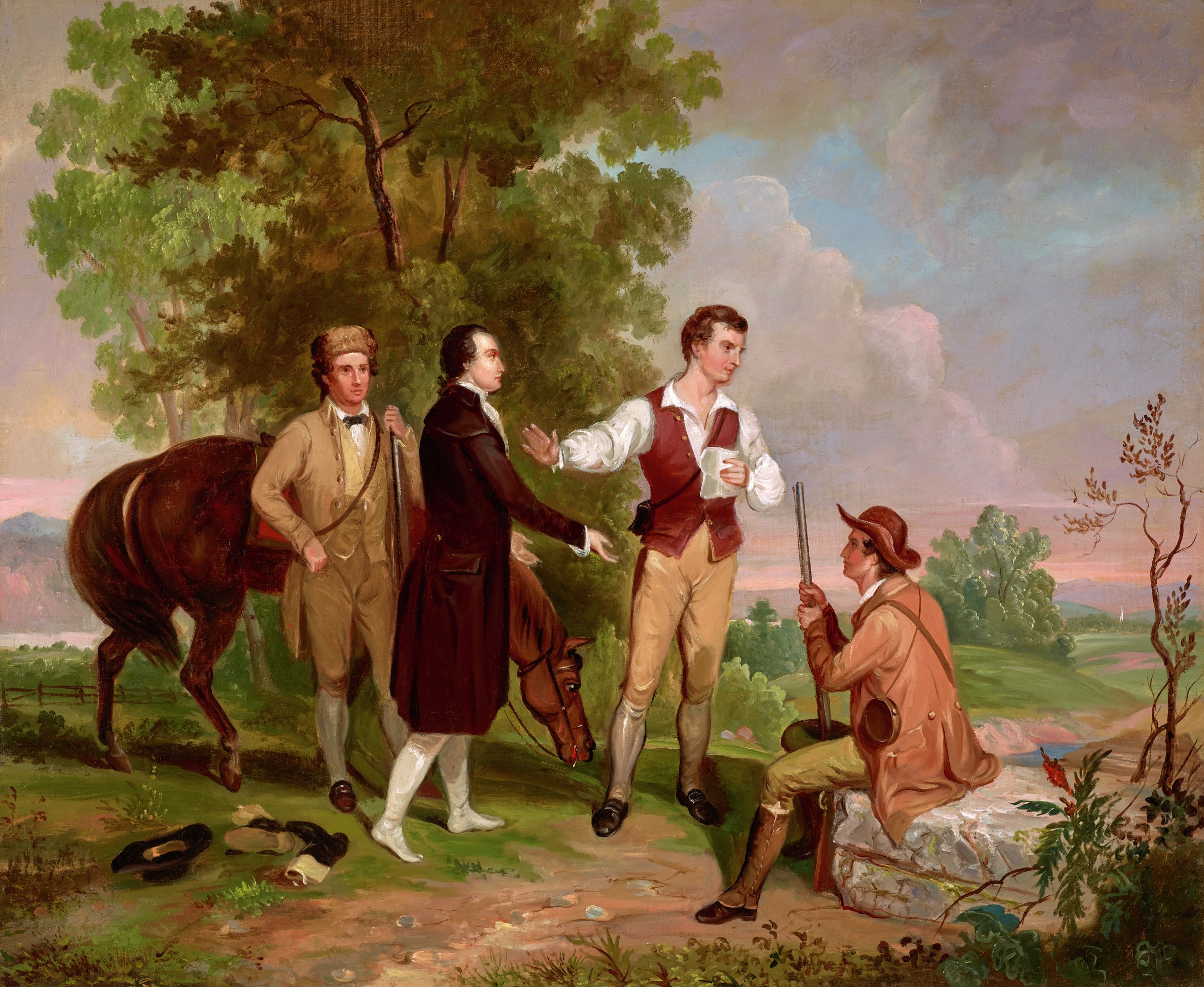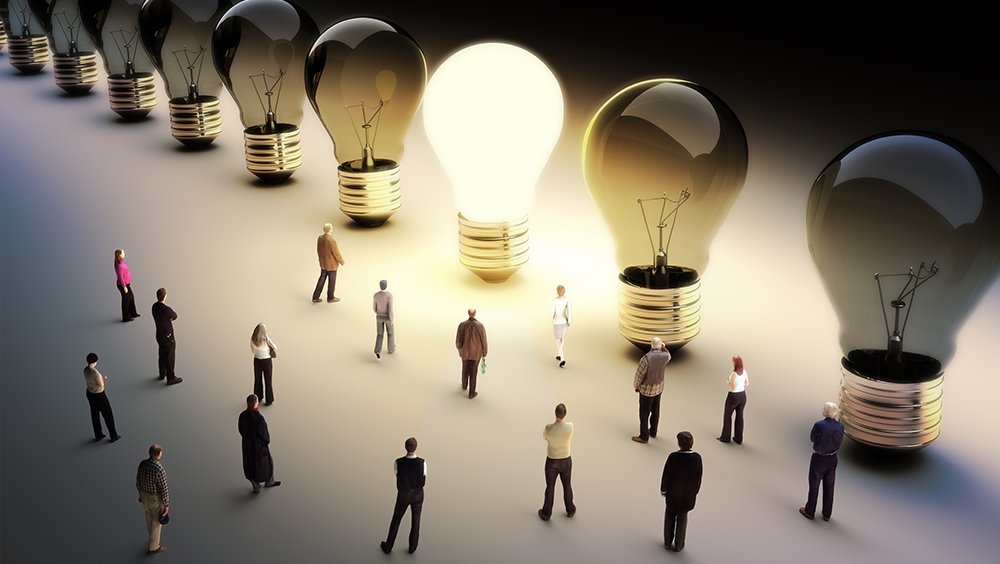
- How do these issues affect you? Your friends and family?
These issues affect me, all of my friends and family, as well as everyone else who has ever used social media. The fact that you can be ID’d from any picture taken, be easily searched, and have all of your valuable info leaked in an instant is a terrifying reality that we all have to face. Even if you try to keep your personal info private by setting your account to the proper settings, advertising companies are incredibly smart and know how to get your information without you even noticing it.Even if you try and keep your data protected it might not even matter, thanks to the large amount of data breaches that happen almost regularly. While there are options to protect your data, such as VPNs, these are costly precautions and the monthly fees associated with them will build up over time. These issues affect everyone who has even a small presence on the internet, and these issues will only grow and spiral out of control over time.

What should the government be doing about these issues?
The government should be promising its citizens total protection online from any potential bad actors that wish to maliciously use information online for their own benefit. The amount of private info that advertisers easily gain, through the use of cookies and other internet tracking metrics, has turned the internet into a cesspool of constant advertising that’s fine-tuned to get us to spend as much money as possible. Online social media platforms are almost famously easy to breach as well. Companies like Facebook and LinkedIn have recently had massive security breaches that resulted in millions of peoples addresses, card info, DOBs, everything you can imagine, leaked for any bad actor to see. The Government should be forcing strict and high standards for internet privacy, so everyone online is safe and protected.
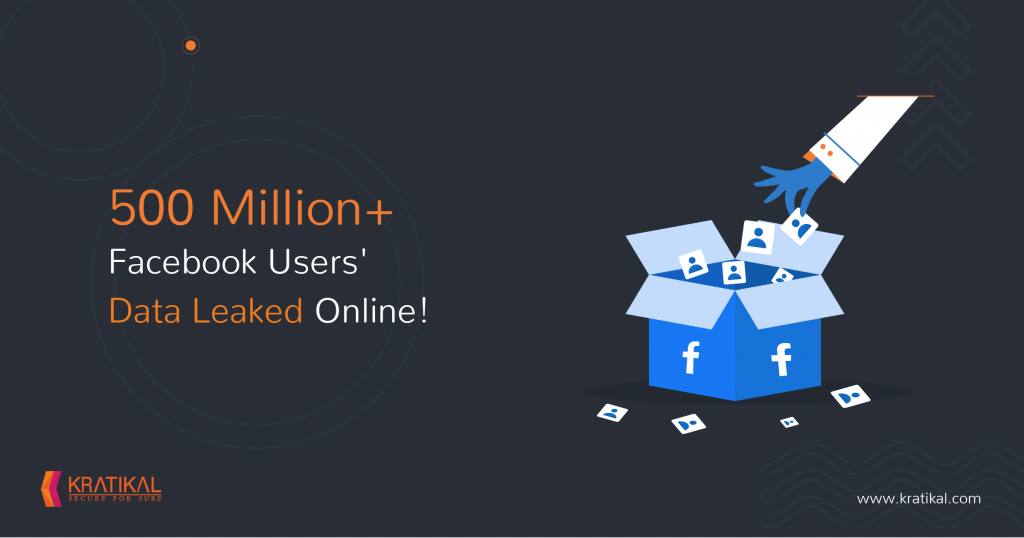
What can we do to protect ourselves from invasions of our privacy?
In the simplest terms, the best way to protect yourself is to think about the information you are sharing online, and not post said information on social media. Keep your profile private, or limited to a few close friends you trust. Do not post sensitive media that could come back to harm you in the future; anything posted online can and will be found and used against you when you need to find a job. Much like how you should think before speaking, you should also think before speaking. No matter how hard you try, whatever you post can come back to bite you when you least expect it.




